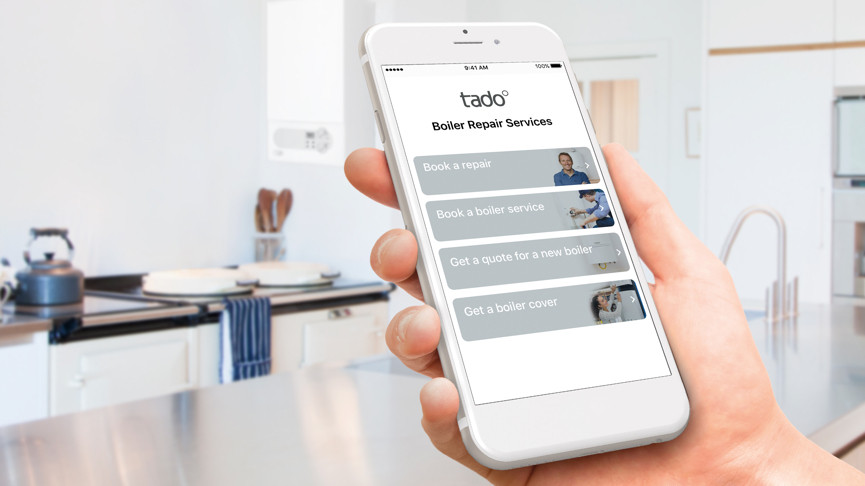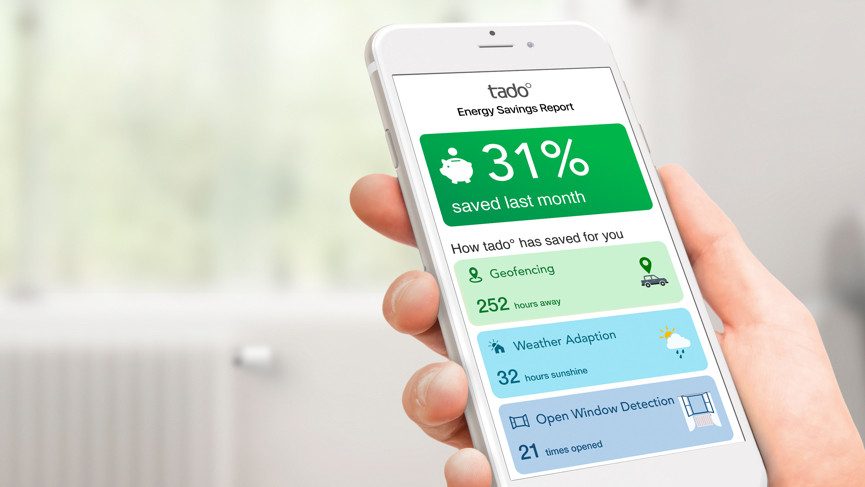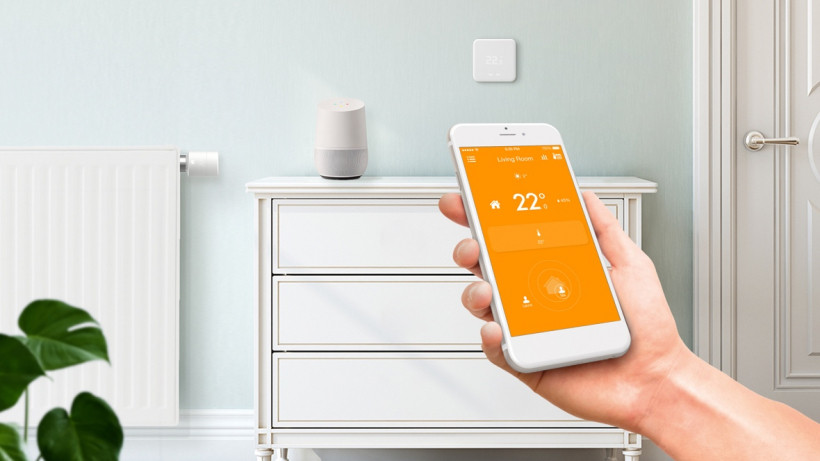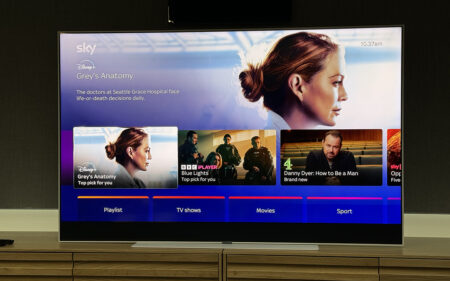Tado co-founder Christian Deilmann talks future thermostat features
“When there’s something broken in your boiler, we see it. We see what the water pressure is or that the heating pump is broken, and send a notification. You can then call an engineer in your area.”
That’s Christian Deilmann, co-founder and managing director of the German smart thermostats company Tado. He’s explaining how Tado’s moving beyond just temperature control, and can help your home become even smarter.
“When it’s not warm enough in the house, people open the Tado app. If they have set the temperature to 22 degrees and it’s only 18, then they call Tado – ‘why is it wrong? It’s your fault.’ And our customer support finds out that, for example, it’s the pump which is broken, nothing to do with Tado.”
Our verdict: Tado smart thermostat review
Tado is trying to make use of the data about how its customers use its smart thermostats and multi-room radiator valves. This includes telling them something has gone wrong in the system before they even make that call.
The service is now live in the UK and Germany and in the next few weeks, Tado will add the ability to book the time and day for the boiler repairs via the app. “It’s a strong trend to make use of the data and create very strong services, they can be digital like tips and tricks to improve humidity levels or tangible like the repair guy coming over and already having the spare part with him.”

Air quality tracking is coming
Unlike some rivals, Deilmann says Tado is focused on “climate management” and won’t be about to drop a line of smart bulbs or security cameras.
“Some of our competitors, they have other interests,” he says. “For example, Nest belongs to Google so they don’t work with Apple. Or Hive – they want to build their own ecosystem so they don’t want to give their data away to the big companies so they are kind of closed. We want to be open.”
As for new features, Tado is sticking to additions that make sense – like an air quality tracking upgrade for existing customers.
“What we’re focusing on is to be really, really good in the area of climate control. We do temperature and humidity and based on the sensors we have in the device, we’re working on air quality as well,” he says. “This is something that will be added to our software, to everyone. It’s about maintaining a comfortable, affordable, warm home.”
Enhancing Apple Home
If Tado users do want to build out their smart home, Deilmann simply advises them to get involved with one of the big three ecosystems – Alexa, Apple HomeKit or Google Assistant. Tado is compatible with all three but its co-founder sees this as a work in progress. For starters, it’s not exactly the same experience across the voice assistants.
“For many things, Alexa works better with Tado,” he explains. “On Google Home, they don’t have a humidity function so you can’t say ‘Hey Google, what’s the humidity in the living room?’ But with Alexa, this works.”

When it comes to Apple HomeKit, Deilmann would like to work more closely with Apple to get all the features in the Tado app matched on the Apple Home app:
“There’s still a lot of room for improvement. Companies like Tado and Apple have to work a bit better so that features that we develop are also available and visible in the Home app. Like ‘how much energy have I saved last month?’ is inside the Tado savings report. But you cannot access it through the Home app or through the voice assistant. Also we send push notifications when there are problems with the heating system so you can get it fixed but when you only use Apple Home you won’t get this.”
As of November 2017, 24% of Tado customers had connected their device to one of the big three ecosystems, a number we’d expect to grow in 2018. Right now, Deilmann puts Alexa ahead but he seems to be one of a growing section of the tech industry which is suggesting that Google Assistant could do well in the long run.
“Alexa is still the strongest, they got in first,” he says. “HomeKit is also quite big and Apple is leading in terms of creating scenarios. Google is still small but growing super fast and my personal opinion is that Google works the best as a voice assistant.”





